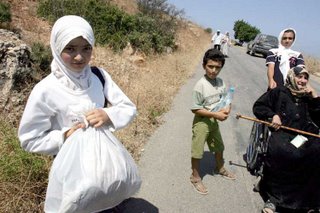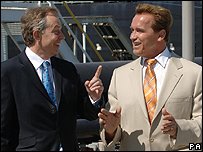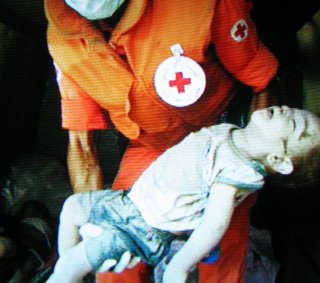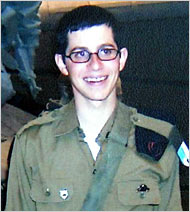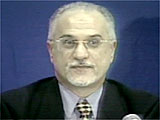Ze'ev Schiff the highly respected and knowledgeable Israeli defence analyst writes.."Stay out of the Lebanese Quagmire"...
"Judging from the data on the extent of Hezbollah's arsenal of short-range rockets, it can continue its war of attrition for another three months. "
Faced with this he says everyone is now seeking excuses, Olmerde's office says the IDF never suggested or wanted extensive ground operations. Now he argues that if the intention is to move in and take more land, say up to 6 kilometres they are faced with a dilemma....
"According to Prime Minister Ehud Olmert, Israel intends to hold the parts of southern Lebanon that it captures until their transfer to a new international peacekeeping force. Two central questions must be asked: When can this force become operative, and what sort of mandate will it be given? Hezbollah has already taken this option into consideration, and plans guerrilla warfare in southern Lebanon to inflict losses on the IDF and to be able to claim that it is again fighting to banish Israeli occupation forces from Lebanese soil."
This is a prospect Schiff argues strongly against, (
he has previously argued how poorly trained the land forces are, forced by defence cut backs) Israel must not remain in southern Lebanon - we have been there before ... and then he lights on the blindingly obvious
"
A problem will arise if no international peacekeeping force can be found to which the IDF can hand over the territory that it now occupies in southern Lebanon."
Resulting in a further dilemma , should we stay or should we go ? and resolves the problem in a suggestion which must surely find little support in the IDF , the Cabinet or amongst the crazies in the White House...
"
If confronted with this question, Israel must choose withdrawal - in order to avoid again finding itself waist-deep in the Lebanese quagmire."
Meanwhile the paper reports that Mohtashami Pur, an ex Iranian Ambassador to Lebanon said on Friday that Tehran has supplied long-range (210 Km) Zelzal-2 ( Earthquake) missiles to Hezbollah. Which adds a frightening edge to the threats from Hassan Nasrallah on TV on Thursday "If our capital, Beirut, is attacked, we will attack your capital, Tel Aviv,"
It may not be the finely tuned and nuanced language of the frantic lawyers in New York, and Tony Blair on his Downing Street sofa juggling with words, but it must strike fear into the man on the street in Israel.
Michael Oren, a senior fellow at the Shalem Center, an academic research organization was with one of the first Israeli army units to enter Beirut in the 1982 Lebanon conflict,
said Hezbollah's longer-range arsenal signals that "
the whole notion of territorial depth is losing meaning. Clearly the issue here is a political and diplomatic solution. There is no military solution."
Last week, the IAF deployed Patriot anti-aircraft missiles near Netanya as part of the overall effort to foil a possible Zelzal attack.
FOOTNOTEAccording to Israeli press reports, in 2004 Hezbollah received 220 missiles from Iran, and the weapons have been stored in bunkers in three locations in the Bekaa Valley. The Zelzal-2 is 8.32 m in length and 0.61 m in diameter, with a launch weight of 3,400 kg. It carries its 600 kg warhead to a maximum range of 200 km (124 miles). The Fateh A-110 is believed to be a guided variant but if supplied is probably useless as the IAF have knocked out all Lebanese radars.
On July 14, an Israeli air strike destroyed at least one Iranian-made Zelzal-2 short-range ballistic missile (AP) According to officials from the Israeli Defense Force, an Israeli aircraft targeted a truck carrying an unknown number of Zelzal-2 missiles, and the force of the blast sent at least one missile flying into the air.
See : David C. Isby, “Iran Supplies Improved Rockets to Syria and Hizbullah,” Jane’s Missiles and Rockets, 1 October 2004.
Debka report (not the most reliable source) that The Israeli army on it's sortie into the Bekaa valley discovered Zelzal missiles stored in buildings with strengthened floors and walls to carry their weight, their roofs removed and replaced with makeshift coverings such as branches and twigs. These coverings are dense enough to block the missiles from the view of Israeli aircraft but are easily removable to enable the rapid launch of the Zelzal from inside the building where it is stored.
They claim night bombing raids on the Bekaa valley have been aimed at these stores.
They also claim that Nasrullah had a meeting with Assad and others on Thursday and got the go ahead to use the missiles.
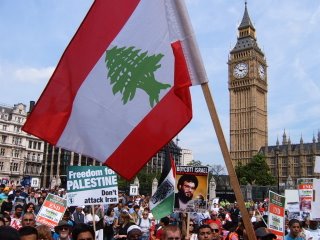 Bill sends this pic of the huge march today which left a pile of children's shoes at the Cenotaph - now what will happen to those ?
Bill sends this pic of the huge march today which left a pile of children's shoes at the Cenotaph - now what will happen to those ?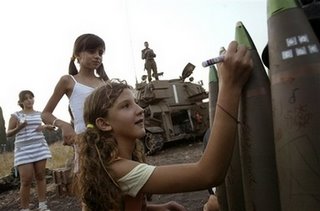 Protestors took to the streets in Chicago organised by the American Council on American-Islamic Relations and in Amsterdam around 700 people gathered near Dam Square.
Protestors took to the streets in Chicago organised by the American Council on American-Islamic Relations and in Amsterdam around 700 people gathered near Dam Square.
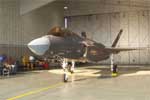


 Indonesia, is with 240 Million people, the world's 4th most populous country, living in a 3,000 mile long archipelago that spans three time zones.
Indonesia, is with 240 Million people, the world's 4th most populous country, living in a 3,000 mile long archipelago that spans three time zones.

 Google have under test an analytic tool "Google Trends" in which you can review trends of access to major websites. This is provided graphically - and you can compare in a search , say bbc,cnn,itv. Google have also aded news stories which may help to explain spikes of interest ... BBC Executives reward themselves with £5Mn bonuses etc.,
Google have under test an analytic tool "Google Trends" in which you can review trends of access to major websites. This is provided graphically - and you can compare in a search , say bbc,cnn,itv. Google have also aded news stories which may help to explain spikes of interest ... BBC Executives reward themselves with £5Mn bonuses etc., 3,500 troops from the U.S.'s
3,500 troops from the U.S.'s 
 Here is a fascinating article brought to my attention by Reddit ...
Here is a fascinating article brought to my attention by Reddit ...









